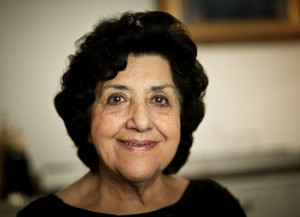How often does elder abuse and neglect occur in San Diego County nursing homes and assisted-living facilities? According to new data reported by the National Council on Aging (NCOA), as many as one out of every five older adults in recent years — or 20% of the older adult population — may have been subject to some form of abuse or neglect. And that information still coincides with estimates that only about one out of every 24 cases of elder abuse are actually reported. As such, it is possible that far more than 20% of the elderly population experiences some form of abuse at least once. How often do subsequent acts of abuse or neglect occur? That information is not especially well documented, but according to a recent article in McKnight’s Long-Term Care News, a new program could help to prevent repeat acts of abuse and neglect in various long-term care settings.
New Hospital-Based Program Helps Seniors Who Have Experienced Elder Abuse
Older adults who have suffered harm as a result of nursing home abuse and neglect may experience abuse again — especially those who are particularly vulnerable, such as older adults with dementia or cognitive impairments. The article in McKnight’s discusses a new program specifically designed to identify seniors who have experienced mistreatment and to intervene effectively.
 Southern California Nursing Home Abuse Lawyer Blog
Southern California Nursing Home Abuse Lawyer Blog















